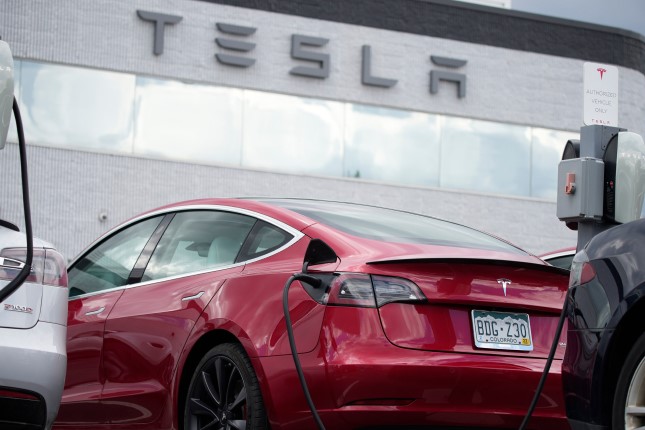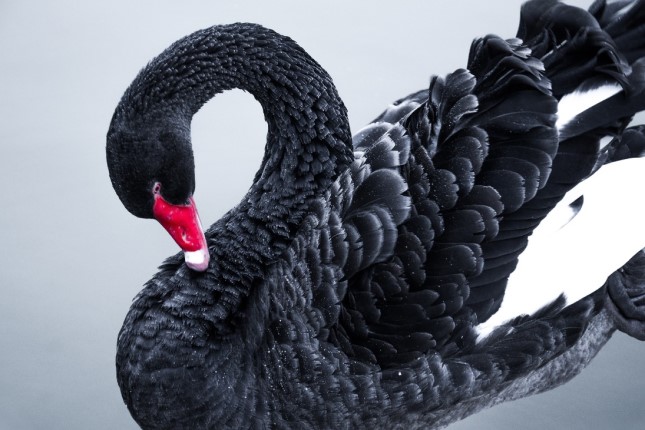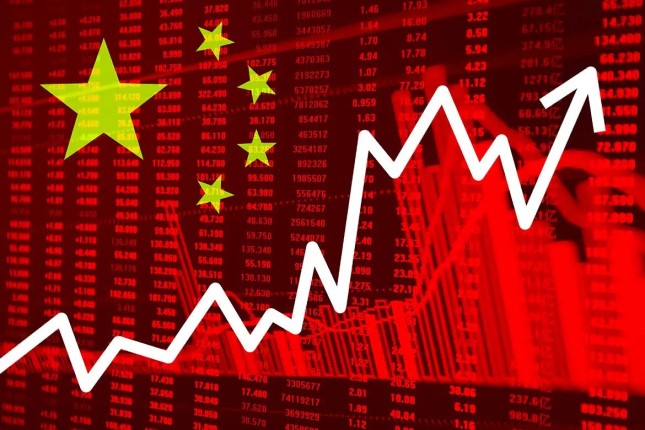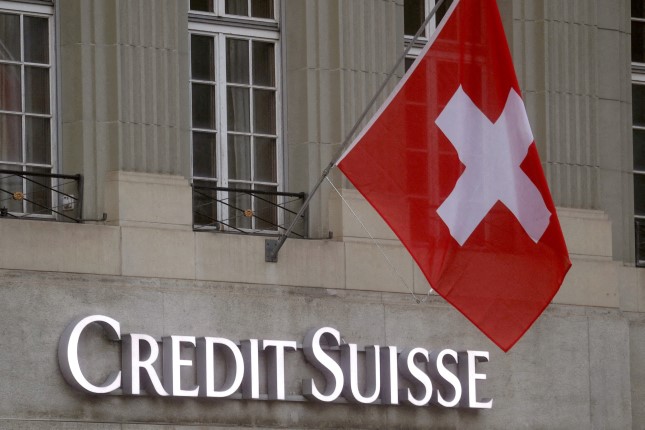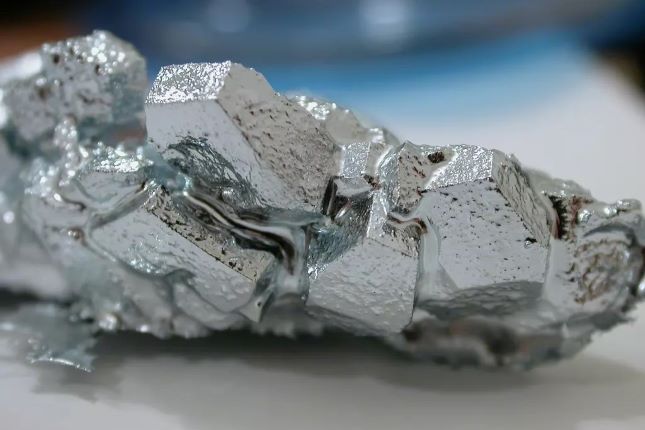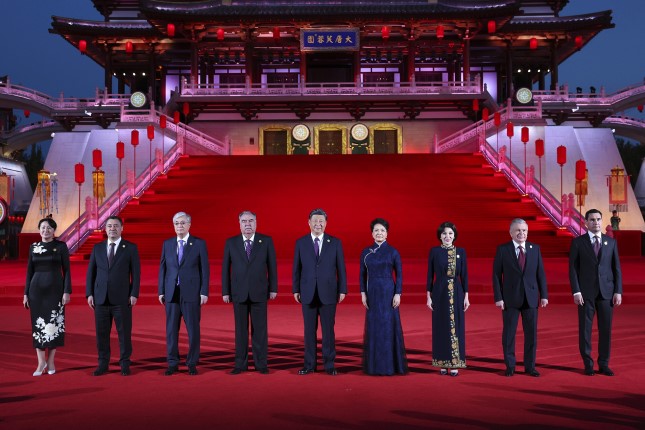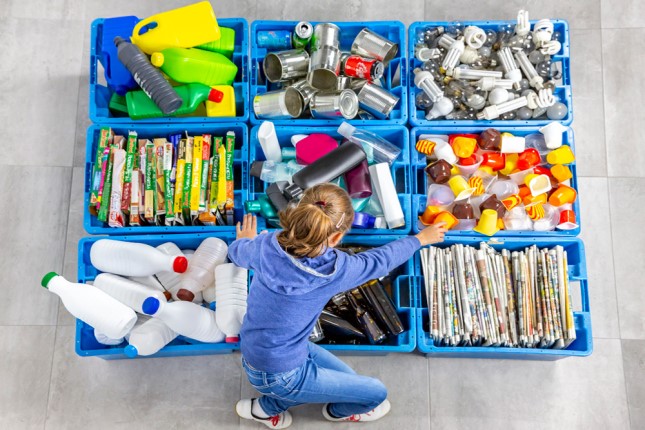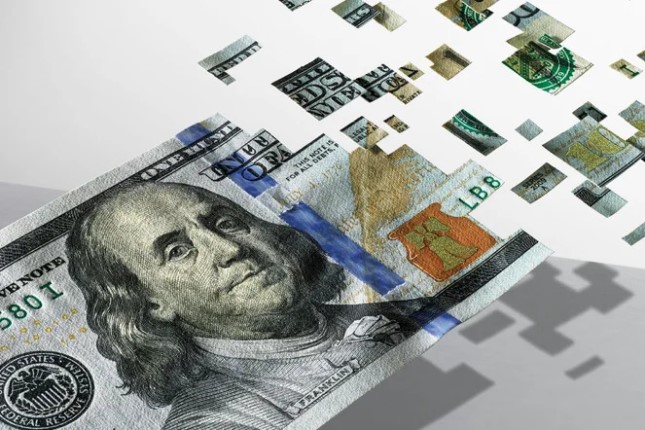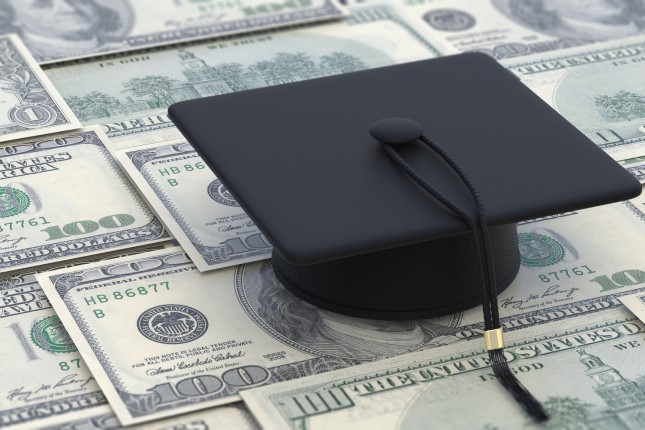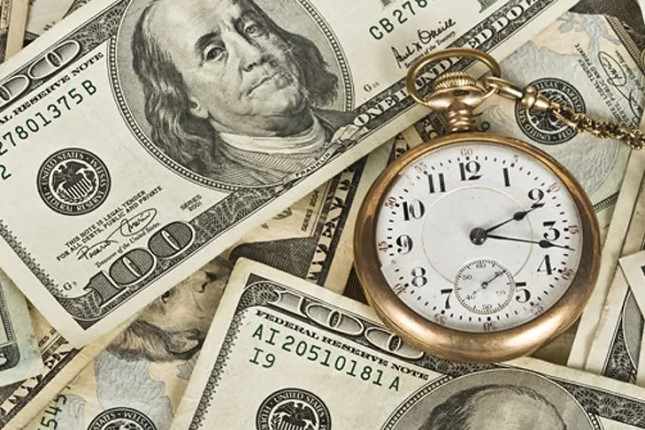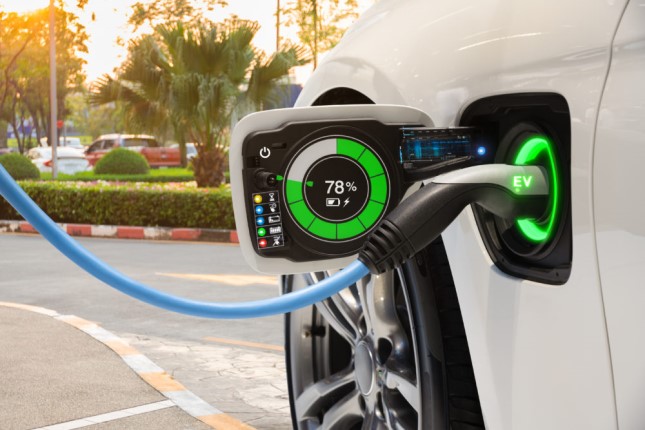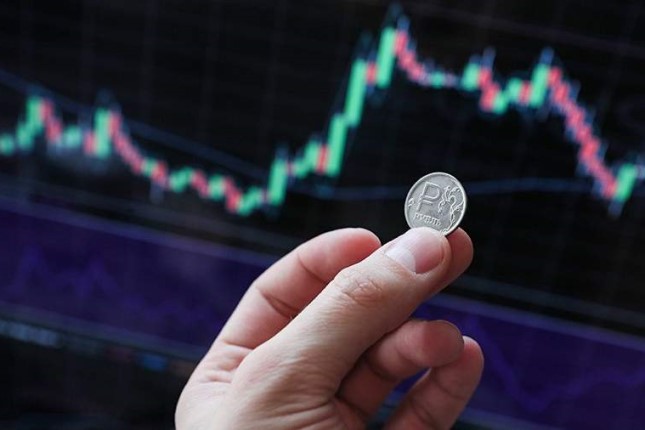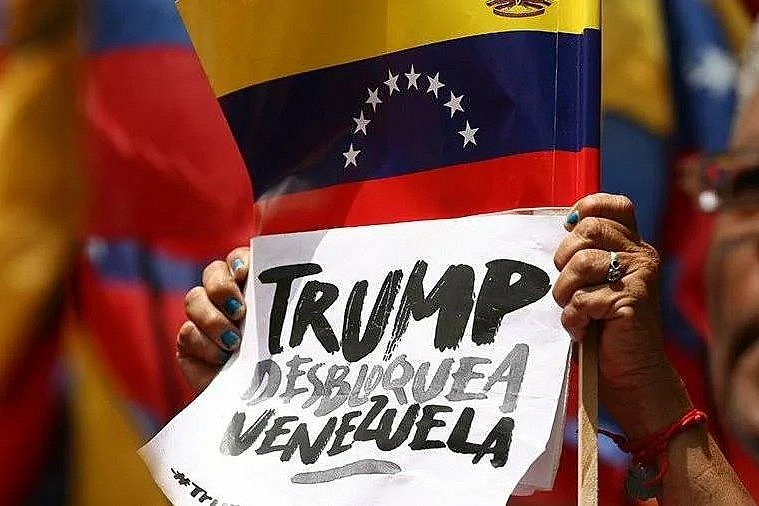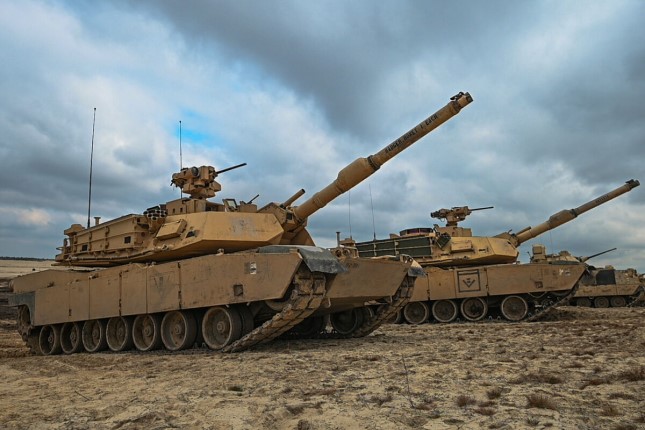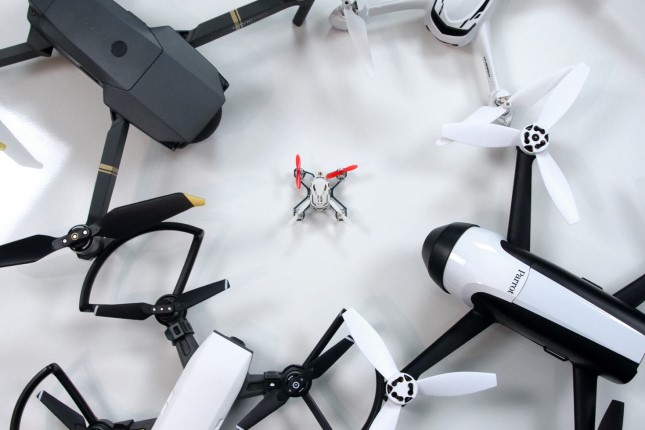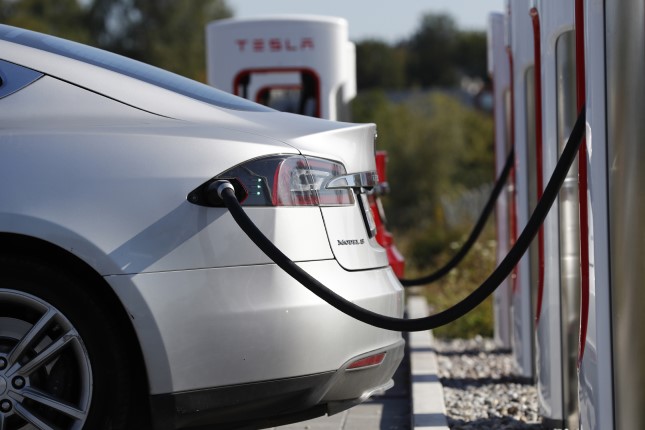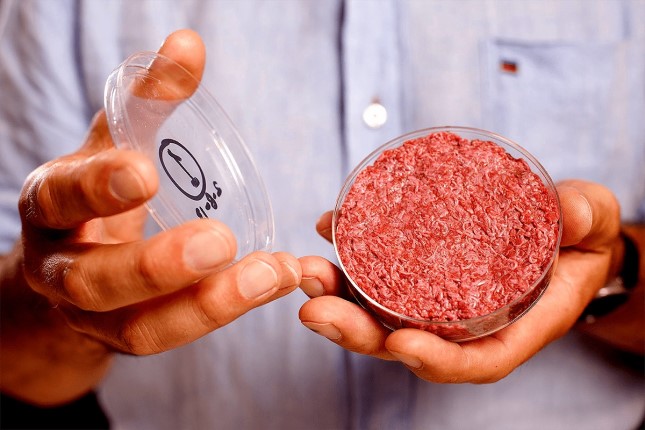For many years now, there have been predictions that the electric car industry will suffer the same fate as solar cell production. There are those who believe that by copying Western technology, China will be able to squeeze Americans and Europeans out of the competitive market.
However, even in 2022, Tesla was still ahead of any Chinese manufacturer in electric car sales. Why has China not been able to gain the upper hand in this industry, and will Beijing be able to reverse the trend?
The electric car market is the fastest-growing of the major product markets of our age. About 6.5 million cars were sold in 2022 − eight times more than just five years ago. Such a growth rate has never been seen before, even in the smartphone market. One in twelve new cars last year was an electric, and that number will only grow exponentially in the coming years.
Of course, many Western analysts expected that China would try to squeeze Western competitors out of this important market, just as it squeezed European solar panel manufacturers out 10 years ago. Add to this the sharply negative attitude towards the head of Tesla after he dared to oppose the political mainstream, and experts around the world were insisting that the company was losing its audience and would soon surrender its market share.
Why hasn't any Chinese company overtaken Tesla yet?
In reality, however, the opposite is true. Although some outlets have claimed that "BYD has overtaken Tesla," they are comparing apples and oranges: China's BYD produces both hybrids and electric cars, while the American company only the latter. A fair comparison reveals that Tesla is ahead, with ~1.31 million net electric car sales versus >1 million for BYD.
What's important is that Tesla also maintains a growth rate ahead of most competitors. For example, Volkswagen increased its electric car sales by just 23.6% last year, while Tesla hit 40%. Only Chinese electric car manufacturers are showing a similar rate, but they are still inferior to Tesla in absolute terms.
How so?
To answer that, it is enough just to look at their cars. The aforementioned BYD is the closest competitor, and the Song EV Crossover its most popular brand. With a battery that runs between 59 and 71 kilowatt-hours (for different modifications), it has a range of 400-500 kilometres (according to the Chinese cycle). Externally, its parameters are similar to the Tesla Model Y − a crossover with a similar range and battery capacity—but the price is certainly more attractive: USD 29,000-USD 32,000 versus ~USD 38,000 for the Chinese-assembled Model Y).
But there is a caveat: These are cars of different classes. The Model Y's wheelbase (a key parameter for interior dimensions) is 18 centimetres longer and 6 centimetres wider. Even the fastest Song model takes noticeably longer than 7 seconds to hit 60 miles per hour, while even the slowest Model Y does it in less than 5.5 seconds.
Tesla produces its car with an eye out for the "WOW effect": They accelerate the fastest and be the most energy efficient, yet spacious compared to competitors' models. And all of this puts competitors' sales under serious pressure. After all, electric cars are bought by wealthy people who do not mind paying USD 10,000 extra to get a more dynamic and spacious car.
But that is only the tip of the iceberg. There is a much more serious aspect: Tesla earns much more from its electric cars than any of its competitors, including Chinese ones. Recall that the company sold 1.31 million cars last year, while BYD sold 1.86 (including hybrids). However, Tesla's profits are over USD 11 billion, while BYD's are 4.5 times less.
Even if we rule out the CO2 quotas that Tesla sells to manufacturers of cars with conventional internal combustion engines, its profits are still four times higher than BYD's − and even more if counted per car.
All this means that Elon Musk's company earns ~USD 7,000 in net profit from each electric car, while its Chinese competitors are not even pulling in a few thousand. Hence, the world's top electric car maker could significantly reduce its prices if it felt the Chinese were getting too close in terms of sales.
There are some other very important factors as well. Tesla has its own international charging network, larger than that of any other company in the world, making long-distance travel much easier than for its competitors' customers. While alternative gas stations in the US might be notorious for their number of malfunctioning "electric pumps," Tesla takes more care, as refuelling is one of the post-sale services it offers its customers.
Why not copy?
It is well known that Chinese players have been able to effectively copy their competitors in many industries, so why not with electric cars? Clearly, BYD's concept for making cars has not proven successful yet: The kinds of people who buy electric cars are looking for the WOW effect − not simpler and cheaper. And judging by the difference in profit margins, Tesla could sell its cars at "Chinese" prices, but it does not want to − it prefers greater profits.
It would seem that BYD could copy this approach and make more "premium" cars. Interestingly, other Chinese companies − Xpeng and NIO − do make cars that are basically Tesla clones in terms of size and performance.
However, while trying to play in someone else's territory, the Chinese have thus far failed to manage the price-performance balance. They literally have to sell cars at a loss to stay competitive on price. XPeng takes several thousand dollars in net losses on each vehicle, and NIO's losses are just as astounding.
Interestingly, a similar but more frightening picture can be seen in the United States. Rivian, which has tried to compete with Tesla, now spends three times as much in costs as it earns in car sales.
These expense problems are due to a fundamentally different approach to car design and production planning. Tesla carefully selected production methods to keep costs to a minimum before actually launching into production. For example, the underside of the Model Y consists mostly of one large molded part. Traditional automakers, and Chinese copycat startups like XPeng, weld multiple parts together like the Ford Model T over a century ago, which considerably increases the time and cost of the production cycle.
Other traditional features of the car business, such as outsourcing, also raise competitors' costs. For example, XPeng does not make lithium batteries itself, but must buy them on the side. Due to the rapid growth of electric car production throughout the world, they are perpetually in short supply, creating a seller's market where a small number of battery manufacturers can dictate its price.
Tesla began from the opposite direction, emphasizing in-house production. It makes its own lithium batteries in large quantities, dictates its own price for them (the majority is labour, not the cost of materials), and even hopes to establish its own lithium mining facilities. No one − not VW, not XPeng − is even thinking of doing anything like that. It goes against everything they teach in MBA programs. Even Tesla's success with insourcing cannot seem to change the opinion of traditional automakers.
A future for the poor
Of course, none of this guarantees that Elon Musk's baby will remain in the lead forever. The company's key weakness is the same as its strength − Musk himself. He was the one who made the decisions about insourcing, casting large parts, targeting the WOW effect in car performance, and so on.
But he also has a weakness: He has no plans yet for producing cars cheaper than Tesla does now. It is difficult to create a car with good features, and Musk does not want to make one with bad features − just remember his line: "We do not make slow cars."
This hardly threatens Tesla's dominance in the global electric car market for the near future. The company could well sell a couple of million Model Y Crossovers a year and a million Model 3 Sedans. And given the peculiarities of the US market, it could very well sell 1-2 million Cybertruck pickups there by the second half of the 2020s. However, it does not have any other mass-produced products even in the planning stage.
And this is where a niche for "low-cost competitors" could emerge. Today, electric cars are purchased by the rich. But Western countries are officially focused on eventually banning traditional cars, first in some major cities, then everywhere. The deadlines for such bans are already being written into law (and this will be happening more in the future).
And this would automatically bring a new class of buyers to the electric car market: budget car customers. Musk's electric cars will be too expensive for them, and even inexpensive refuelling won't be able to make up for it. Tesla's reluctance to make small and inexpensive cars means BYD designs can still take revenge − if not in total profit, then in the absolute number of cars sold.
